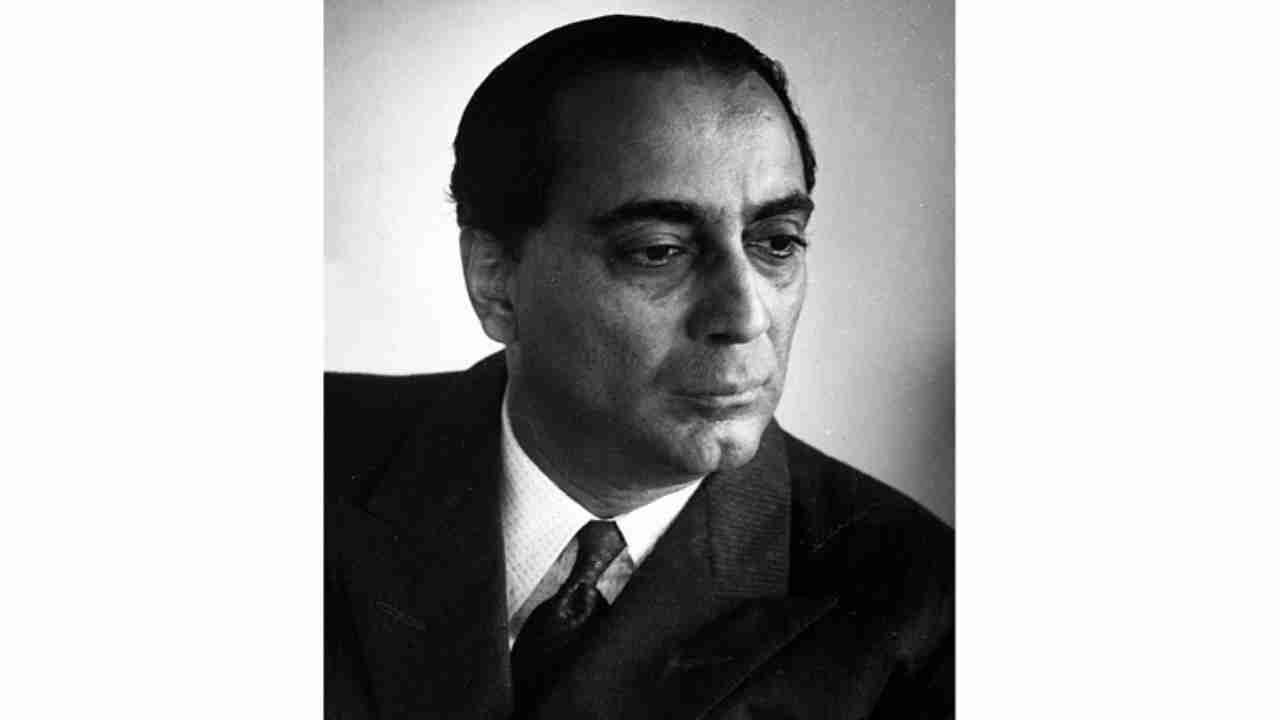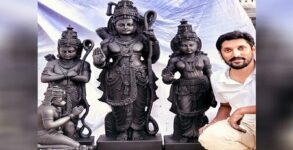Homi Jehangir Bhabha, popularly known as the ‘Father of the Indian Nuclear Programme’, was the founding director of two research institutions Tata Institute of Fundamental Research (TIFR) and Bhabha Atomic Research Centre (BARC).
The physicist was born on October 30 and had come to India only for a vacation. World War II had started which forced him to stay back and take a job in India. It turned out to be very useful for us as he was the one who started the nuclear programme in India.
On the occasion of Homi Bhabha’s birth anniversary, here’s all about the Indian nuclear physicist:
- Homi Bhabha graduated from Elphinstone College and the Royal Institute of Science in Bombay.
- In 1933, he received his doctorate in nuclear physics with his paper ‘The Absorption of Cosmic Radiation’, winning him the Isaac Newton Studentship in 1934.
- Homi Bhabha’s father and uncle wanted him to become an engineer, so he could eventually join the Tata Iron and Steel Company in Jamshedpur. However, at Cambridge, his interest shifted to theoretical physics and he expressed his love for Physics in a letter to his father.
- In 1939, when World War II broke out, Bhabha was in India for a vacation. Due to the war, he could not go back to complete his research at Cambridge.
- In 1948, Nehru appointed Bhabha as the Director of Nuclear Programme and gave him a task to develop the nuclear weapons.
- Bhabha gained international prominence after deriving an expression for the probability of scattering positrons by electrons. The process is known as Bhabha scattering.
- When Bhabha was working at the India Institute of Science, there was no institute in India which had the necessary facilities for original work in Nuclear Physics, Cosmic Rays, and High Energy Physics.
- India’s three-stage nuclear power programme was formulated by Homi Bhabha in the 1950s to secure the country’s long term energy independence.
- For the three-stage nuclear programme, he made use of Uranium and Thorium reserves found in the coastal regions of South India.
- The three-stage programme was developed around India’s limited Uranium resources
- Bhabha also encouraged research in Electronics, Space Science, Radio Astronomy and Microbiology.
- Homi Bhabha was felicitated with the Adams Prize (1942), Padma Bhushan (1954) and the Fellow of the Royal Society.


















